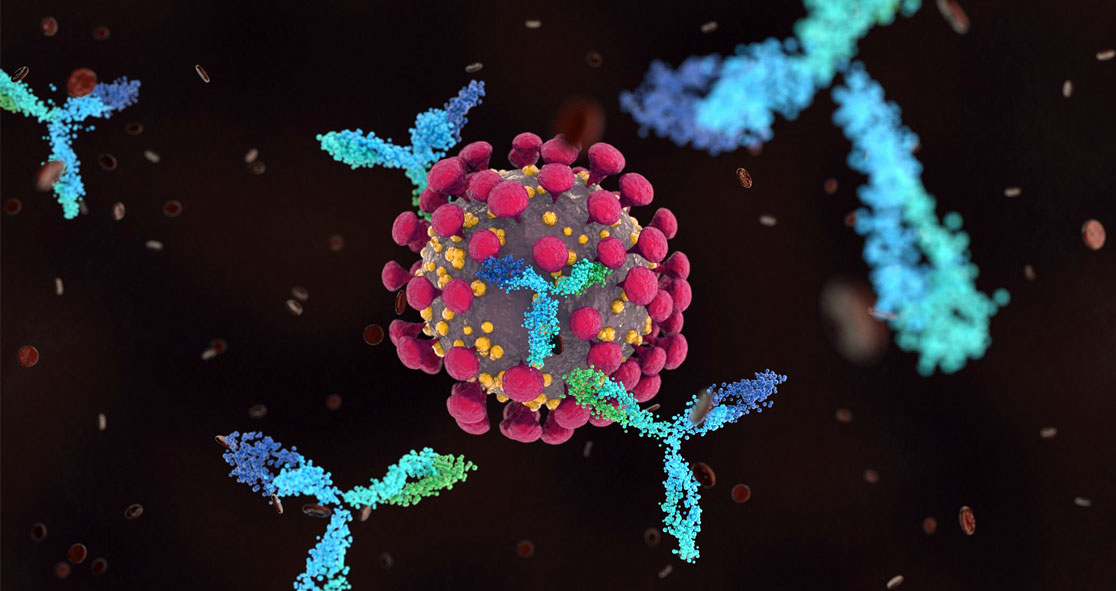Researchers have found that antibody against the coronavirus receded at different rates in different individuals, lasting from mere days to even decades.
The researchers of Duke-NUS Medical School, the National Center for Infectious Diseases (NCID) and the Agency for Science, Technology and Research (A*STAR) Infectious Diseases Labs published their findings in The Lancet Microbe.
The study has also shown that the severity of the COVID-19 infection could be a deciding factor in having longer-lasting antibodies, according to Medical Xpress.
People who have low levels of coronavirus neutralizing antibodies may still be protected from the infection if they carry a robust T-cell immunity.
Corresponding author Prof. Wang Linfa of Duke-NUS Medical School said, “The key message from this study is that the longevity of functional neutralizing antibodies against SARS-CoV-2 can vary greatly and it is important to monitor this at an individual level. This work may have implications for immunity longevity after vaccination, which will be part of our follow-up studies.”
The study focused on determining the levels of neutralizing antibodies – the part of the body’s immune defense system. It also focused on understanding the T-cell immunity.
The authors found that the patients tested displayed sustained T-cell immunity six months after initial infection, according to Medical Xpress, suggesting that people may still be protected if they carry a robust T-cell immunity.
Another corresponding author Prof. David Lye of NCID said, “Our study examines neutralizing antibodies which are important in protection from COVID-19.”
“We found that antibodies against SARS-CoV-2 wane in different people at different rates,” he added. “This emphasizes the importance of public health and social measures in ongoing pandemic outbreak response. However, the presence of T-cell immunity provides hope of longer-term protection which will require more studies and time for epidemiological and clinical evidence to confirm.”
Prof. Laurent Renia of A*STAR Infectious Diseases Labs said, “This study reminds us that we all react differently to infection and that various people mount different protective immune responses. Understanding the basis of these differences will help build better vaccines.” The article was originally published Tuesday on Medical Xpress.























